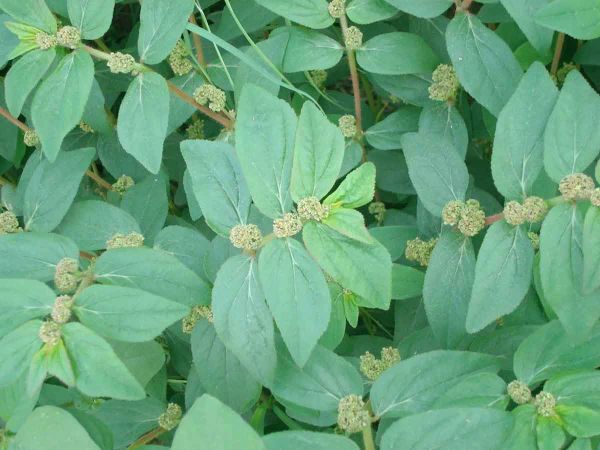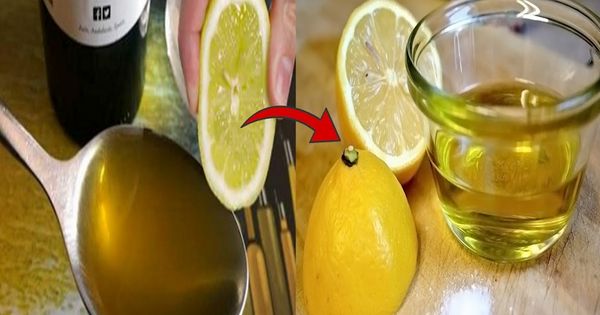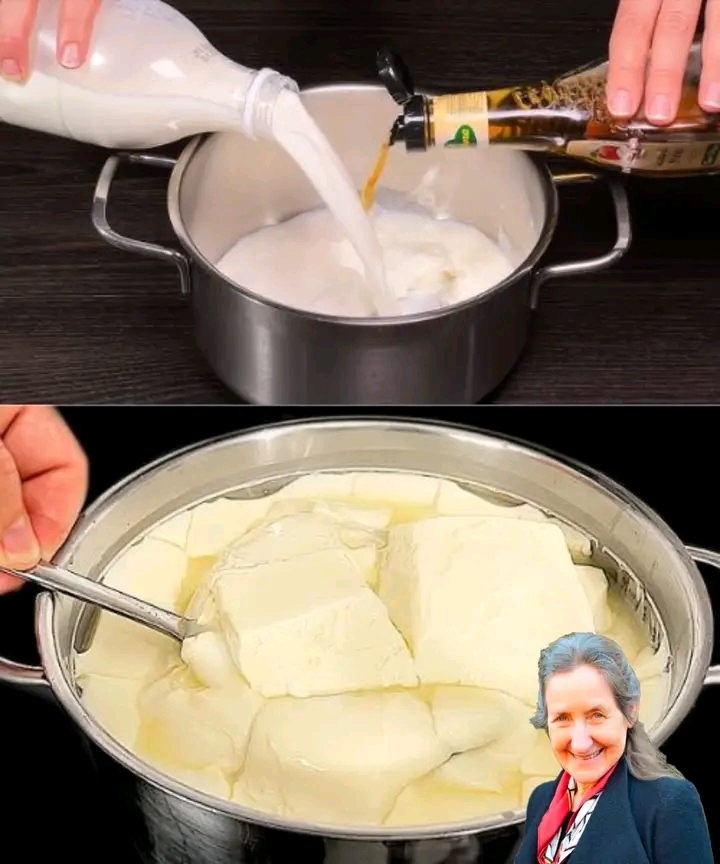If you’ve ever come across a small green plant with hairy stems and oval leaves, chances are you’ve seen Euphorbia hirta, commonly known as the “Asthma-plant”. This unassuming plant, often considered a weed, has a rich history in traditional medicine for its numerous health benefits, especially in dealing with respiratory issues like asthma. In this article, we’ll explore the traditional uses, applications, and advantages of Euphorbia hirta, revealing how it has been a natural remedy for generations.
Get to Know Euphorbia Hirta
Euphorbia hirta is a short perennial plant that belongs to the Euphorbiaceae family. It thrives in warm tropical climates and can be found globally, often growing along roadsides, in gardens, and other disturbed soils. This remarkable plant has been used for centuries in various parts of the world, and it’s no surprise given its anti-inflammatory, antispasmodic, and bronchodilator properties. These qualities make Euphorbia hirta particularly effective in treating respiratory conditions such as asthma, bronchitis, and more.
Traditional Uses and Benefits
1. Asthma and Respiratory Disorders
Euphorbia hirta has long been valued for its ability to alleviate asthma symptoms. Herbalists have used the plant’s leaves and stems to create remedies that help with wheezing, coughing, and difficulty in breathing. The bronchodilator properties of Euphorbia hirta help relax the bronchial tubes, allowing for easier airflow to the lungs. Additionally, its anti-inflammatory effects contribute to reducing airway inflammation and congestion, making it an essential traditional treatment for asthma and other respiratory problems.
2. Antibacterial and Antiviral Properties
The antibacterial and antiviral capabilities of Euphorbia hirta have been well recognized in traditional medicine. The plant’s extracts have been used to combat infections and support the immune system. In rural communities, the extracts are used to treat respiratory and skin infections, as well as minor wounds. Scientific studies have confirmed the antimicrobial activity of Euphorbia hirta, showing its effectiveness in inhibiting the growth of various bacterial strains. This makes it a natural alternative for managing infections.
3. Digestive Health and Diarrhea
Euphorbia hirta is commonly used in traditional medicine to address digestive issues, including diarrhea and dysentery. Its antispasmodic and anti-inflammatory properties work together to reduce gut inflammation and spasms, providing relief from discomfort and cramping associated with diarrhea. In certain regions, Euphorbia hirta tea is consumed to alleviate stomach pain, and it is also used as a natural purgative to cleanse the digestive tract.
4. Pain Relief and Anti-Inflammatory Uses
Traditional healers have long utilized Euphorbia hirta for its analgesic and anti-inflammatory properties. It is often applied topically or used as a decoction to relieve pain and inflammation caused by conditions such as arthritis, joint pain, and headaches. Its anti-inflammatory effects have also been helpful in managing swelling and redness in skin conditions, providing a natural remedy for minor injuries and ailments.
5. Menstrual Health
Euphorbia hirta is recognized for its benefits in women’s health. It can help regulate menstrual cycles and ease menstrual discomfort. The plant’s antispasmodic properties aid in alleviating cramps, while its mild estrogenic effect helps balance hormones. In certain cultures, a tea made from Euphorbia hirta is taken to manage menstrual pain, heavy bleeding, and menopausal symptoms.
6. Urinary Tract Health
For centuries, Euphorbia hirta has been used to address urinary tract infections and other urinary health issues. Its diuretic properties assist in flushing out toxins and preventing the buildup of bacteria in the urinary tract. Traditional healers prepare infusions of Euphorbia hirta to relieve symptoms of UTIs, supporting overall urinary health.
Active Compounds and How They Work
The medicinal properties of Euphorbia hirta are attributed to its bioactive compounds, such as alkaloids, flavonoids, phenols, and tannins. These compounds work together to produce the following effects:
- Antioxidant: Euphorbia hirta’s flavonoids and phenols have antioxidant properties, helping to neutralize free radicals and reduce oxidative stress.
- Anti-inflammatory: The tannins present in the plant contribute to its anti-inflammatory effect, reducing inflammation and swelling in the body, both internally and externally.
- Bronchodilator: Alkaloids in Euphorbia hirta provide bronchodilator effects, which aid in relaxing the bronchial tubes and facilitating easier breathing during asthma attacks.
How to Use Euphorbia Hirta
There are different ways to incorporate Euphorbia hirta into your health routine:
1. Infusions and Teas
One of the most common methods is by making an infusion or tea. The leaves and stems of the plant, whether dried or fresh, are boiled in water and then strained. This tea is traditionally consumed to relieve asthma symptoms, cough, digestive issues, and menstrual pain. Due to its potent effects, it is recommended to consume the tea in moderate amounts.
2. Poultices and Topical Applications
Euphorbia hirta can also be applied externally as a poultice for pain relief and to treat skin infections. The fresh leaves are crushed or ground to form a paste, which is then applied to the affected area. This topical application is particularly effective for wounds, minor skin infections, and swelling due to its antibacterial and anti-inflammatory properties.
3. Extracts and Tinctures
In traditional herbalism, Euphorbia hirta is prepared as an extract or tincture. These concentrated forms capture the plant’s active compounds and are used in small doses to treat various health conditions, including respiratory ailments, digestive issues, and immune support.
4. Capsules and Powders
For those who prefer a more standardized form, Euphorbia hirta is available in capsule or powdered form in some herbal supplement markets. These preparations make it easier to manage dosage and provide a convenient way to experience the plant’s benefits without the need for fresh or dried herbs.
Safety Considerations and Precautions
While Euphorbia hirta is generally safe when used in traditional, moderate amounts, it is essential to exercise caution when using it. Here are some considerations:
- Pregnancy and breastfeeding: The use of Euphorbia hirta is not recommended for pregnant or breastfeeding women, as its effects on pregnancy have not been thoroughly studied.
- Allergic reactions: Some individuals may experience skin irritation or allergic reactions when handling or consuming Euphorbia hirta. It is advisable to perform a patch test before topical use.
- Dosage: Overconsumption may lead to adverse effects, especially for those who are sensitive to plants in the Euphorbiaceae family. It is best to consult a qualified herbalist or healthcare professional before incorporating Euphorbia hirta into your health routine.
In Conclusion
Euphorbia hirta, the “Asthma-plant”, has a significant place in traditional medicine, offering a wide range of health benefits for respiratory health, digestive wellness, pain relief, and more. Its versatility and effectiveness are demonstrated through various applications, from infusions to topical poultices. However, it is important to approach Euphorbia hirta with respect and caution. As interest in herbal medicine grows, Euphorbia hirta continues to capture the attention of both traditional practitioners and modern researchers, bridging ancient wisdom with contemporary wellness.




